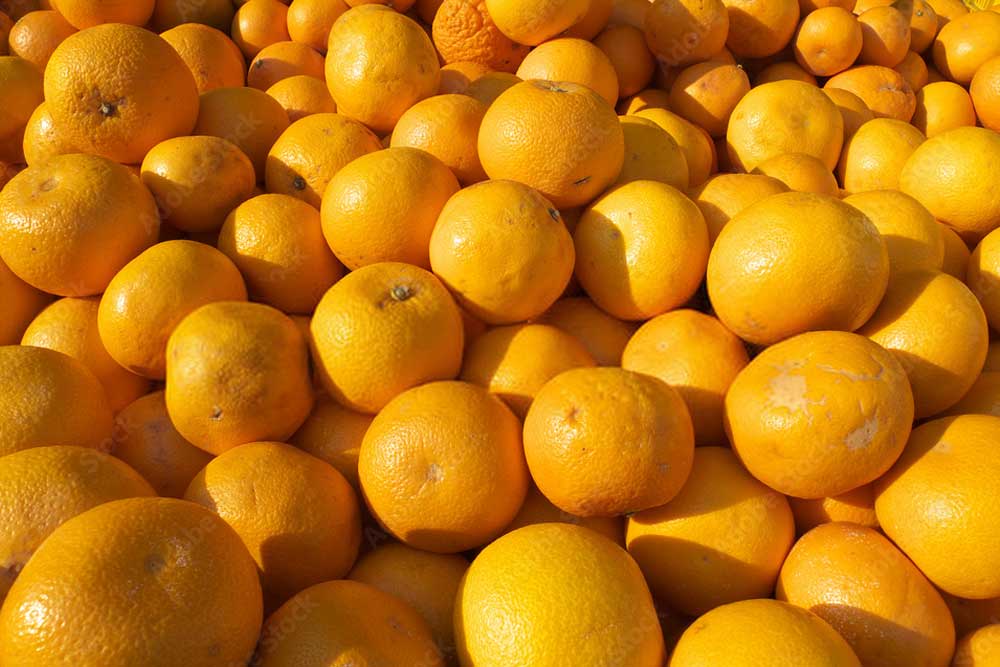Cold Treatment for Citrus Exports

The Standing Committee on Plants, Animals, Food and animal Feed (SCoPAFF), a committee chaired by the European Commission and made up of representatives of all member countries, approved in May the Cold Treatment of citrus fruits imported from third countries.
This measure has been taken after several complaints from the agricultural sector warning of the real risk, both economic and phytosanitary, to which the entry of citrus fruits from third countries that do not comply with the treatments are subjecting Europe to.
Exporting citrus from Spain: plant safety is a priority
Recent news reports on citrus exports to Europe demonstrate the different ways in which exporting countries are dealing with European regulations and their commitments to plant safety.
Up to 10 breaches of phytosanitary regulations have been detected by the European Union in citrus fruits exported from South Africa. For this reason, South Africa announces the closure of the market by cancelling orange exports to Europe.
Sadly, the initiative to cancel the export of oranges from South Africa does not come from a sense of responsibility and commitment. The reality is that 1,350 containers of citrus fruits that did not comply with the regulations have been stopped in European ports, resulting in losses of around 11.5 million euros. This was the real reason for the cancellation and not their commitment to the non-transmission of pests.
Does this solve the problem? No, exports of mandarins and grapefruit from South Africa will continue, and those are citrus affected by the same pests as oranges and will continue to be exported with the consequent risk of further spread of these pests.
Spain exports healthy, pest-free citrus fruits that comply with regulations.
Reciprocity, within the agricultural sector, refers to compliance with a series of phytosanitary requirements so that the commercial activity of one company does not affect others, eliminating a possible risk of pest transmission.
South Africa seeks to circumvent these phytosanitary requirements through the World Trade Organisation on the grounds that it is “contrary to scientific evidence and therefore arbitrarily and unnecessarily trade restrictive”.
Compliance with phytosanitary regulations entails higher costs, the need to apply a cold treatment to avoid the transmission of the pest, in this case the false moth, and that is an expense that South Africa is not prepared to assume.
The oranges are subjected to a cold treatment that prevents the larvae of the false moth from surviving and all Spanish exporters comply with this, either by adapting their warehouses to be able to carry out the process or during the transfer of the fruit when the container is already on the ship.
The European Union’s demand for South Africa to apply this treatment has been the reason for its withdrawal from the European market and its increased sales in the Asian market which is less demanding with phytosanitary measures, where it does not have to apply the reciprocity of the citrus sector and therefore at a lower cost.
Spanish citrus exports: Responsibility, commitment and food safety.
At Mayorazgo Export we have all the necessary certificates for the export of food products issued by the Ministry of Agriculture, Fisheries and Food, as well as all those certificates required by the country of destination, either inside or outside the European Union.
“Mayorazgo Export complies with the GLOBALGAP standard of Chain of Custody, Control Points and Compliance Criteria.¨
It is essential for us to comply with all the sanitary and phytosanitary regulations with the objective of to guarantee food safety and plant safety at all times.
At the same time, we give traceability the importance it deserves with a programme where all processes from the point of production to the point of sale are reported.
Do you need more information about the export of Spanish citrus fruits?
Mayorazgo Export is happy to communicate with you in a face-to-face conversation, without answering machines or automations.
Contact us and we will solve any doubt you may have about security, certificates, regulations… We take care of processing the necessary documentation for each shipment, whatever the country of destination.
Exporting Spanish citrus fruits is quick, easy and safe.
